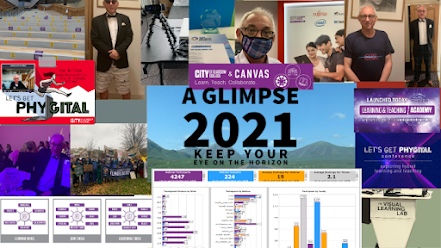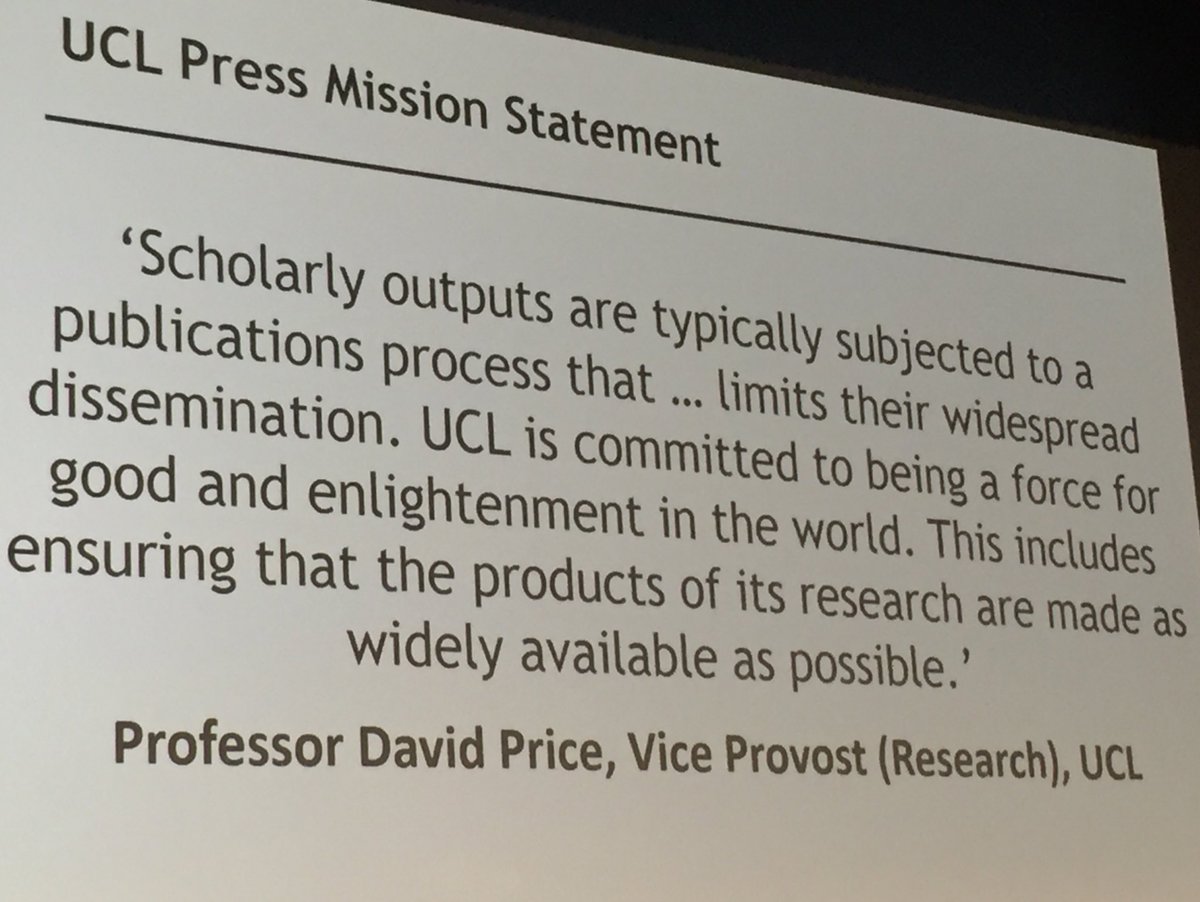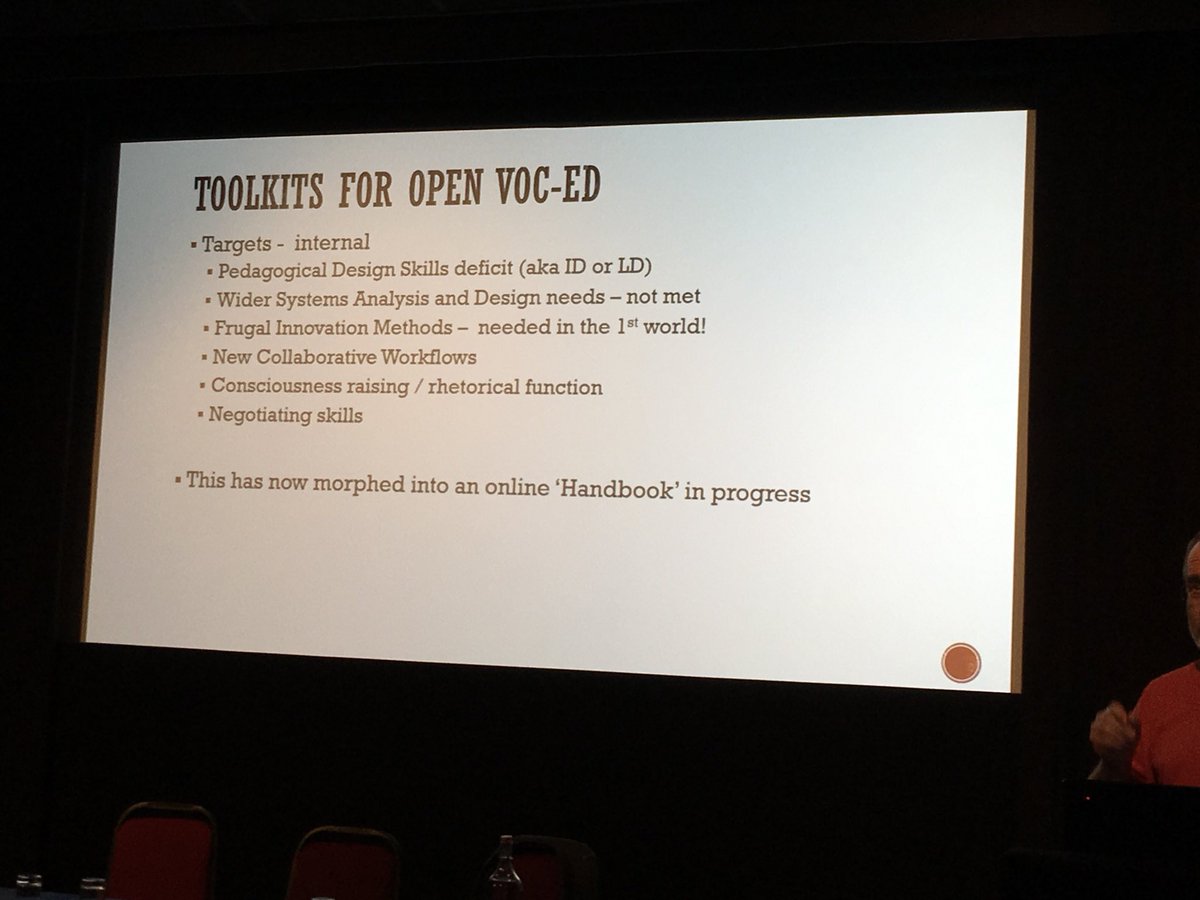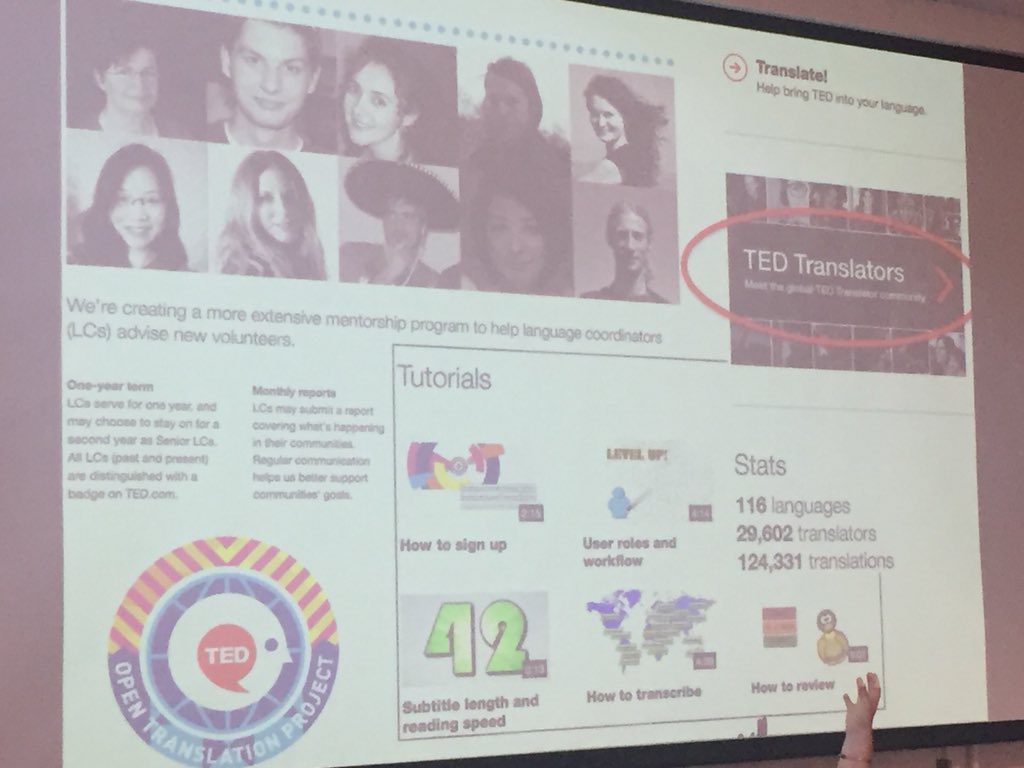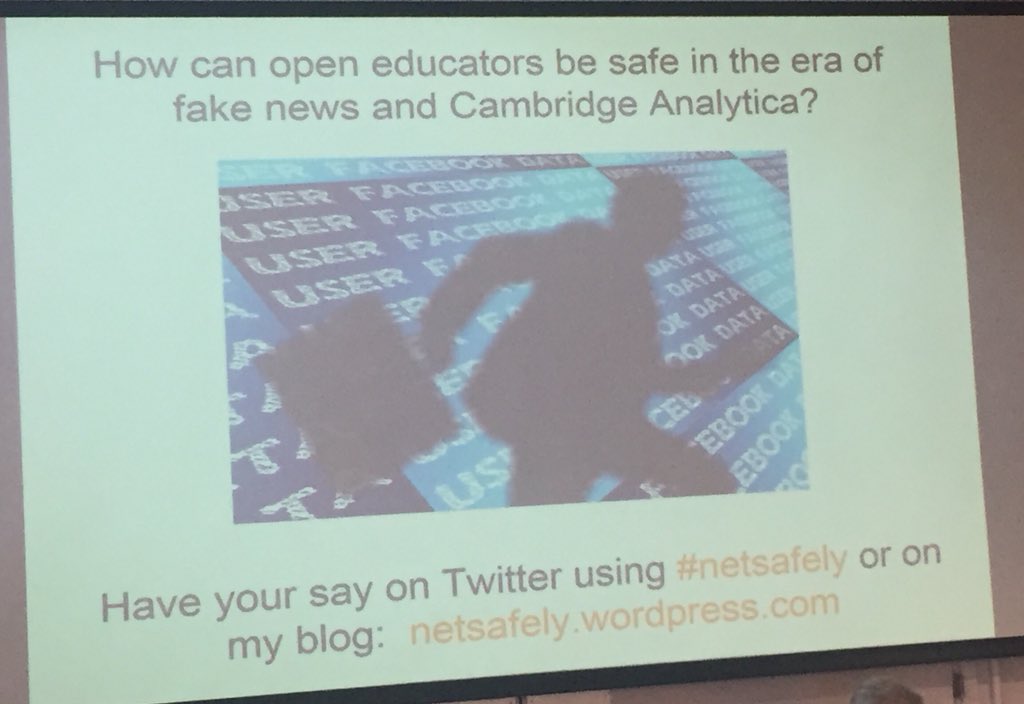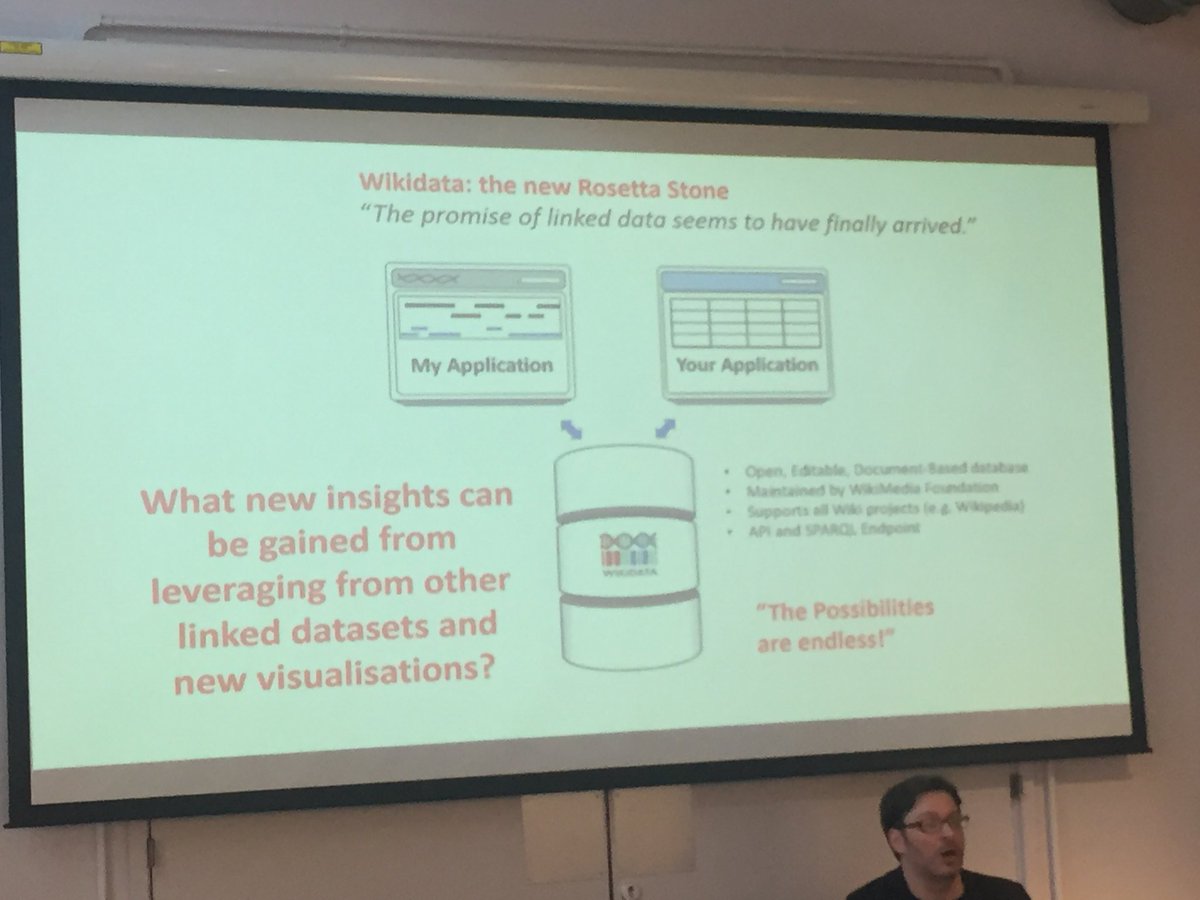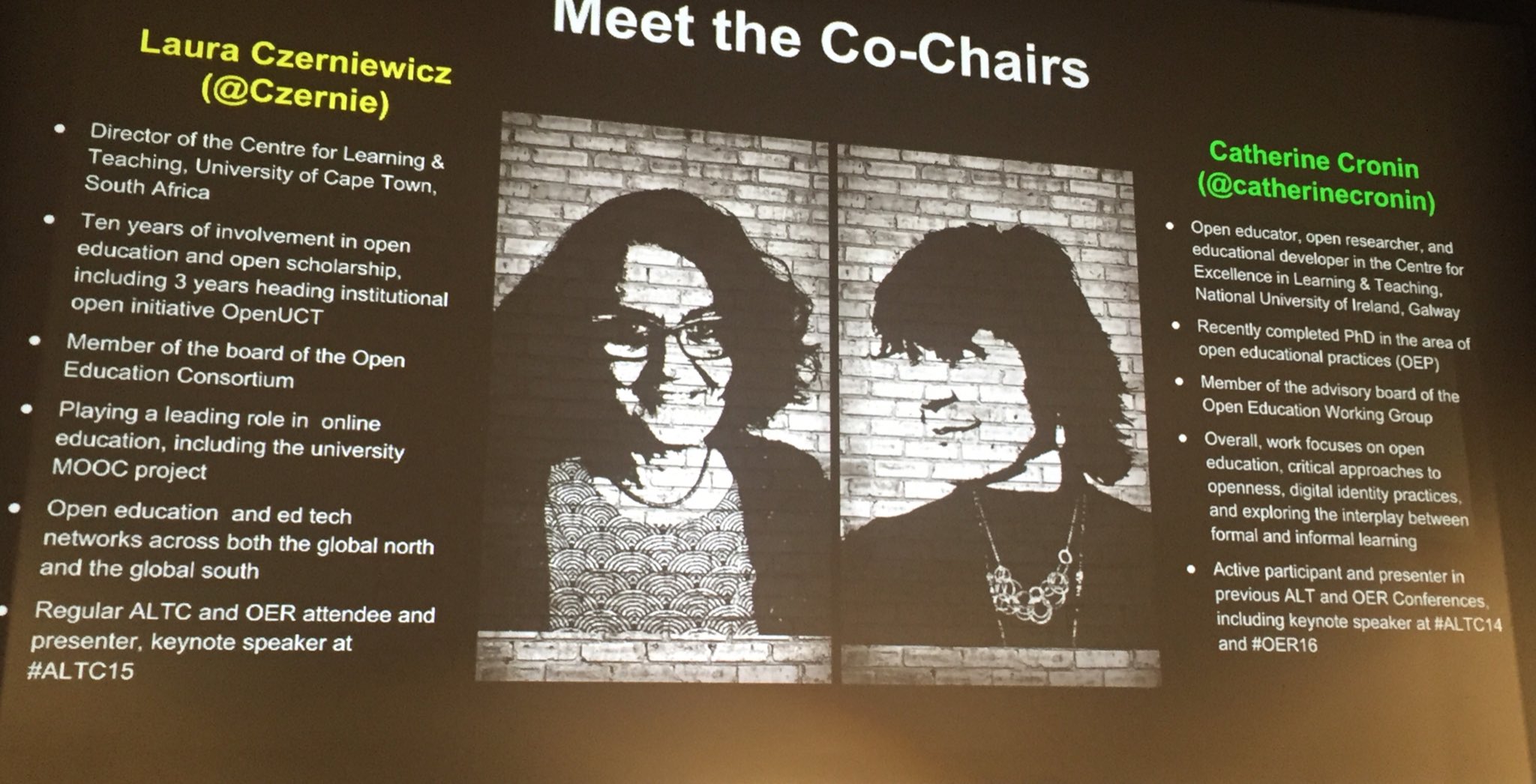OER25 Reflections: Open Practice and AI
Since 2010, I’ve only missed a handful of the #OER conferences. Over the years, I’ve chaired, curated, and presented, but this year was different. I had the privilege of delivering a keynote, and with it, the chance to speak up for the vocational college sector. It’s a world of practical solutions, limited resources, and a different focus on learning. Perhaps a world less threatened by AI - we do things, demonstrate skills and create things - we don't write essays about how we might do things.
A Keynote in Good Company
It was great to share the keynote stage with my friend and colleague Helen Beetham. Helen’s keynote was a masterclass in critical thinking, measured, cautious, and deeply principled. Her stance on AI in education was almost a full rejection, grounded in ethical concerns, systemic critique, and a call to resist the current trajectory of big tech. Focusing on the darker undercurrents of AI: copyright violations, exploitative labour practices, environmental degradation, and surveillance.
Her outrage over AI systems targeting Wikipedia contributors was particularly horrifying. She advocates a boycott of current AI models and recommends the AI Now Institute’s 2025 Landscape Report as a roadmap for resistance.
Helen’s own writing, especially her piece on “Marking the Government’s Homework,” is essential reading for anyone grappling with the ethics of AI in public services. Her Substack is loaded with thoughtful critique.
You can explore both of our jumping off points here.
I hope I offered a useful counterpoint: someone who’s on the AI train, but still mindful of the price of the ticket. I really think we still have a lot more to do around equity, sharing and empowering learners.
My slides including additional support materials are included at end of this blog post. I really don't think AI will damage the human brain - but it was interesting that someone suggested that untested and unsound it could create a scandal on scale of thalidomide. I remember being told that too much TV would rot my brain too.
That is the level of contention around adoption of AI in education. At least there is discussion and policy movement here. My presentation reflects a lack of movement around Open Education policies in Scotland specifically but around the UK too.
Missing My Sense Filter
I have to mention the absence of my Open Scotland co-founder, Lorna Campbell. Lorna is a fixture at these events and serves as my sense filter. She was unfortunately laid low this year, but her blog post, “Stepping Back and Speaking Truth to Power,” offers a moving reflection on the conference and her own journey.
AI: The New Scary Kid on the Block
Artificial Intelligence is undeniably the new disruptive force in education. But there’s a real danger that open education and open practice will be bullied further into the margins. We across the UK lag behind global peers in adopting coherent policies around open educational resources (OER) and open practice.
The challenge is that AI’s shiny allure and/or toxicity distracts us from the deficits in our current system.
In higher education, the model was broken long ago. I had hoped that the arrival of the internet and search engines would revolutionise assessment and pedagogy. Instead, we’re still clinging to outdated frameworks while fearing that AI might “eat our content.”
Here is a summary of other sessions I got along to
One of the most inspiring initiatives I encountered was the Learning with AI PressBook project, where students create resources to help peers and faculty navigate AI tools. It’s a brilliant example of co-creation and learner-led innovation.
Meanwhile, the Netherlands continues to lead the way in open education. The NPULS platform encourages content sharing across tertiary institutions, a model that Scottish agencies like the SFC and QAA Scotland are only beginning to consider. We’re still stuck at shared services, never mind shared learning content.
The Open Textbook Library workshop was another highlight. Years ago, we worked to ingest open textbooks into our college library catalogue, and it’s heartening to see that momentum continue. The emerging Community of Practice for the UK and Ireland is a promising space for collaboration.
A standout session from Catherine Cronin, Louise Drumm, and Helen Beetham explored alternatives to AI through their “Generating AI Alternatives” workshop. It is a thoughtful and provocative way to spark debate around AI and OER. As is the Scottish Tertiary Education statement on the use of generative artificial intelligence
David Callaghan's illustration summed up nicely some of audiences fears around AI
A wonderful over view of EDM122: Digital Literacies and Open Practice an open course. For teachers to reflect on their practice and become open practitioners https://blogs.city.ac.uk/dilop/sample-page/
Amazing and a very practical workshop from Tim Fransen looking at how much energy and what the processes are that Stable Diffusion uses to generate an image output and tips for teachers and students on how to use these tools efficiently.
To quote Tim ' the workshop invites educators to move beyond binary narratives of ‘AI as threat’ or ‘AI as saviour’ and toward a more nuanced, informed, and open educational approach to understanding and engaging with these technologies responsibly'
Really gave an accessible and reflective entry point into the inner workings of generative AI systems and how it works to create images not just text. I can see graphics , gaming and even computer lecturers interested in this deep dive. Also great use of https://mmm.page/ a useful tool for OER creation.
Reminded again of all the great work that Global OER Graduate Network does https://go-gn.net/
Attended two thought provoking sessions from Dominik Luks - one around how AI is supporting minority languages around the world and one seriously debunking some of the AI myths around its use of energy and water. He even quickly used AI to create a more flexible programme App for #oer25 on the fly.
An amazing Ukrainian librarian Dr Tetiana Kolesnykova spoke from the Scientific Library and the network supporting the University libraries of Ukraine with OER. The University library has been bombed flat but learning carries on. Truly humbling. If you have a moment send Tetiana a message of support. Slava Ukraine !
Gratitude and Grounding
As ever, there were too many great sessions, great chats and too little time. Hats off to co-chairs Sheila MacNeil and Louise Drumm and the entire organising committee for curating such a rich programme. Well done too to ALT for continuing to keep the fires of open education burning in the UK. This community of change makers remains one of the most inspiring in UK around innovation in learning and teaching.
Someone called me a “legend” on social media, caused much hilarity at home, but for now, I’m just grateful to have shared space, ideas, and optimism with so many passionate advocates for openness.
Looking Ahead
I’ll post my slides here , and I hope others will share theirs too. The conversations we started at OER25 need to continue, especially as AI reshapes the landscape of education. We must ensure that open practice doesn’t get pushed into the shadows. Instead, let’s use this moment to reimagine what openness can mean in an AI-driven world. I am looking forward to pushing the discussion on later in September and at OERGlobal Camp in November.
There are some other great blogs from #oer25 that capture much more than I can here. Love to all old friends and new.
We do really need to take back the commons we are missing better use of social media all round. To change things and have a common front we need better solidarity.
It is the start of session. How will your institution lead out an open educational initiative this year ? and how will you support and encourage teaching staff to become open practitioners ?
https://catherinecronin.net/conferences/oer25-speaking-truth-to-power/
https://howsheilaseesit.net/oer/oer25-our-silence-will-not-save-us/




